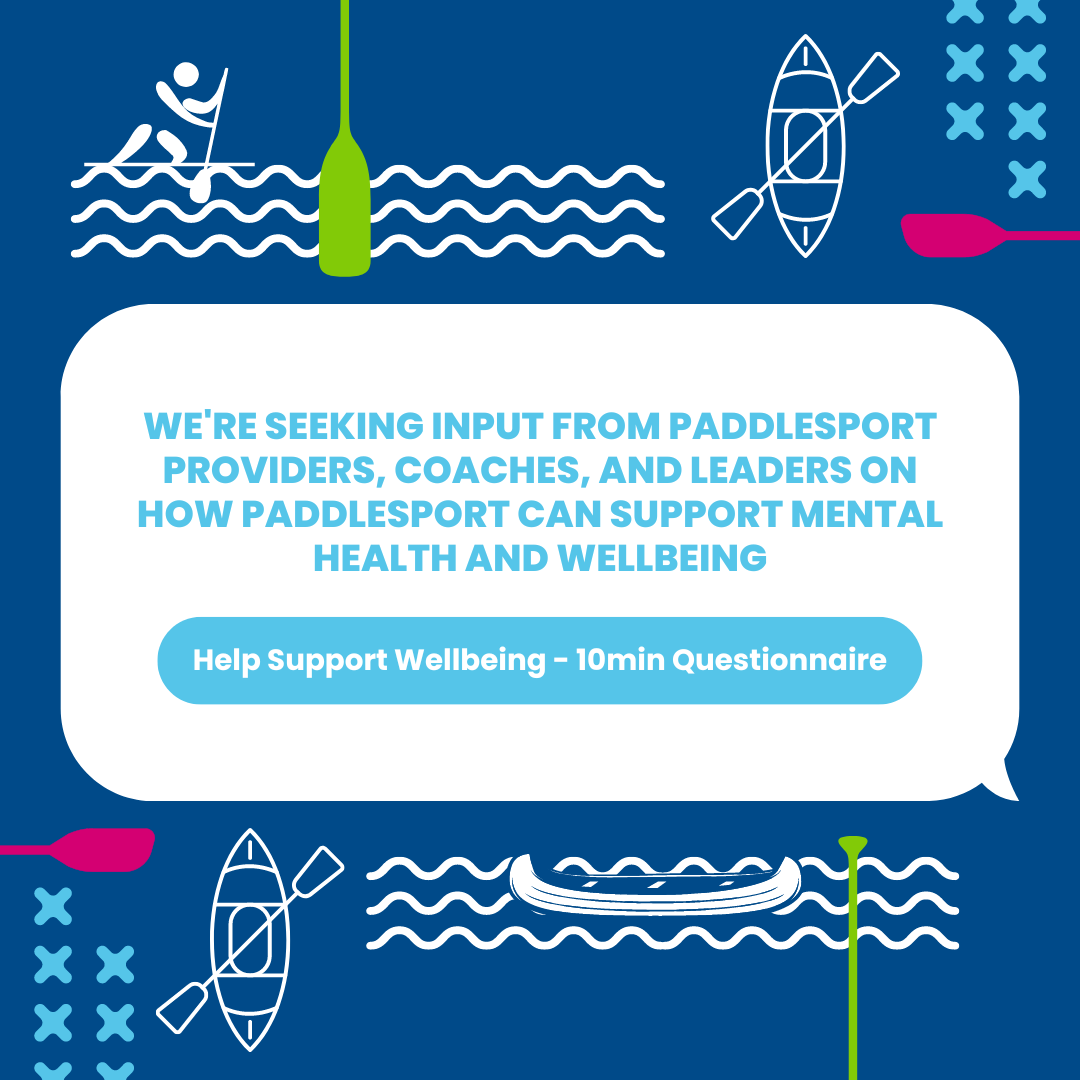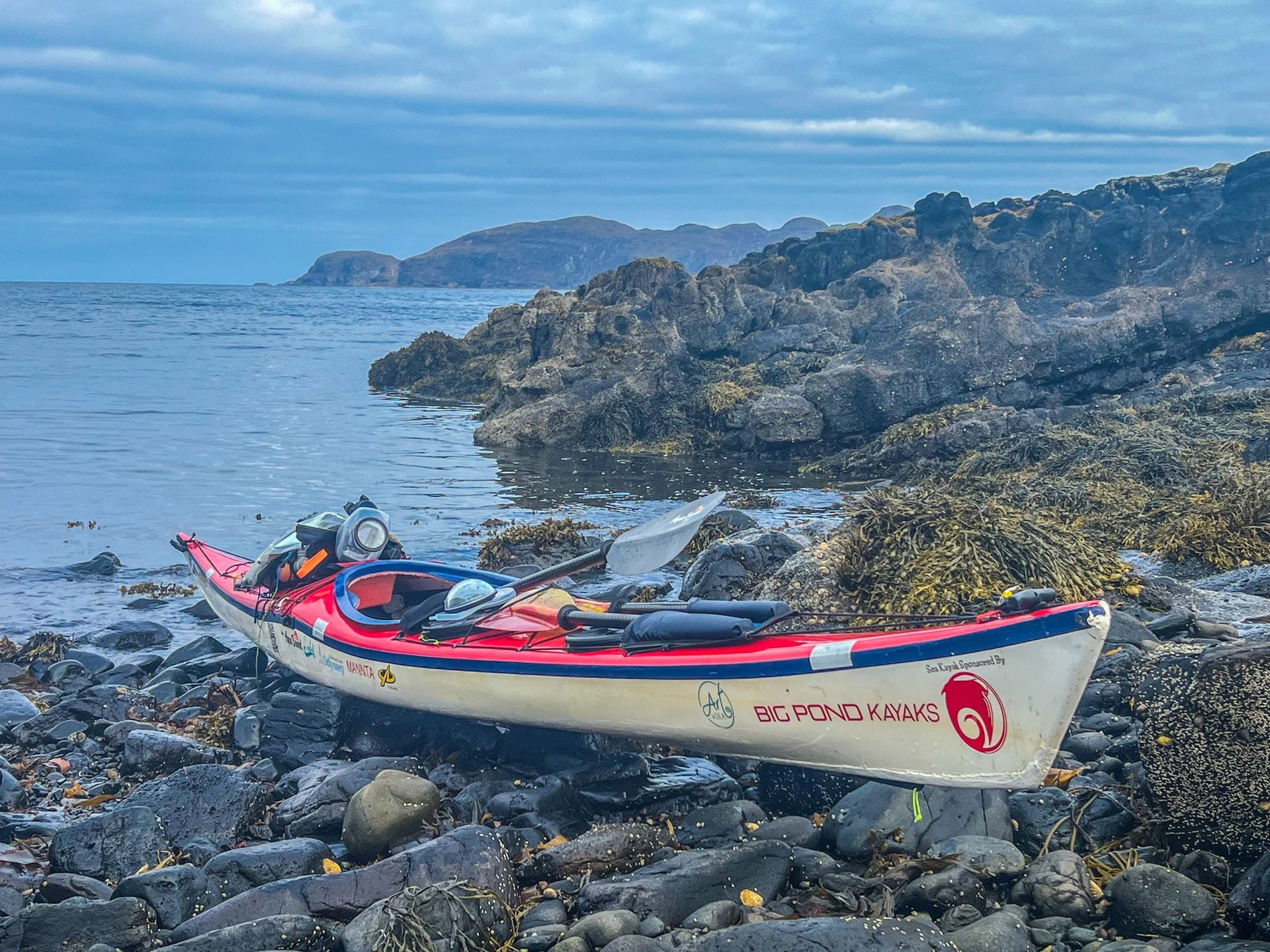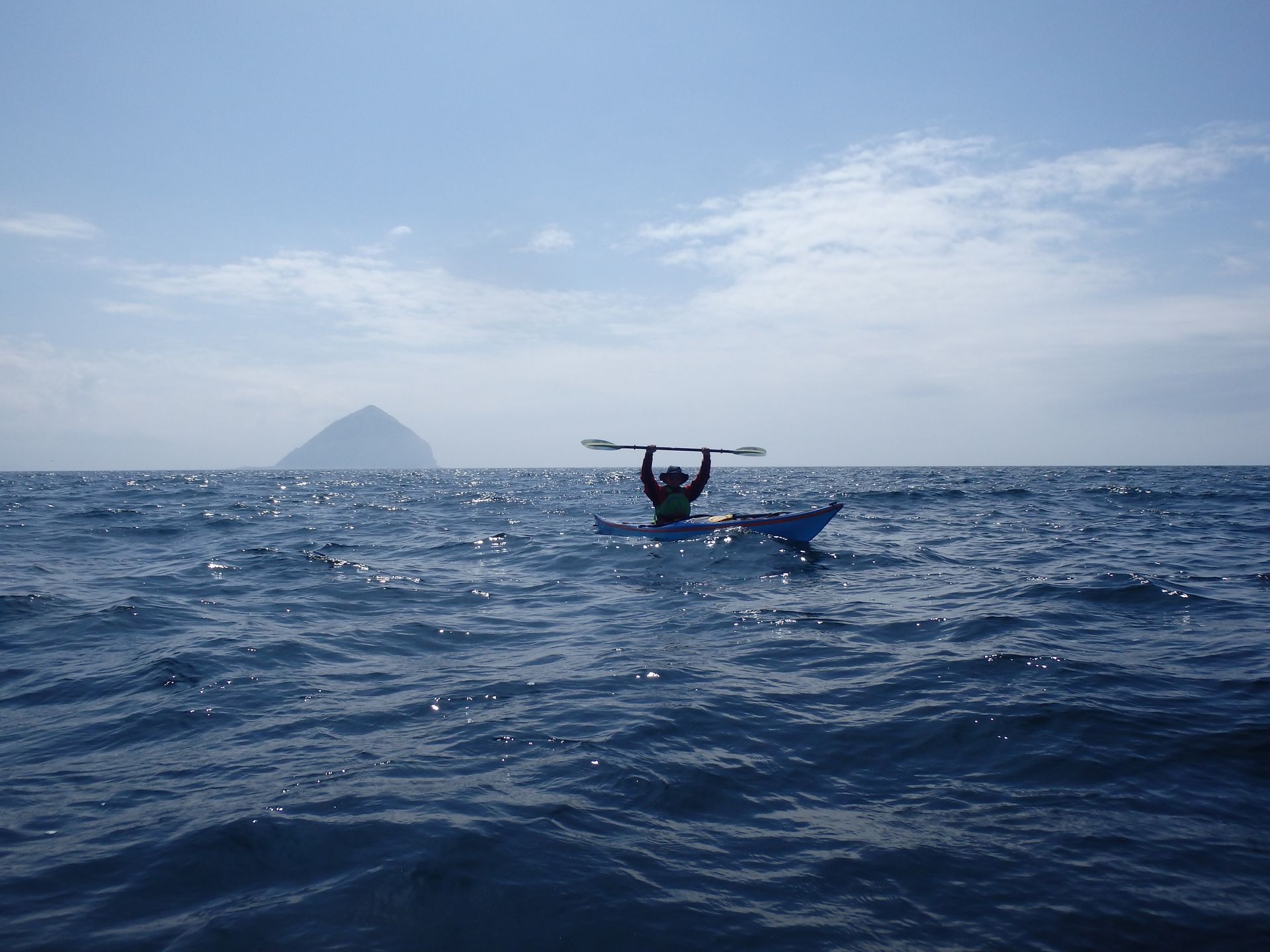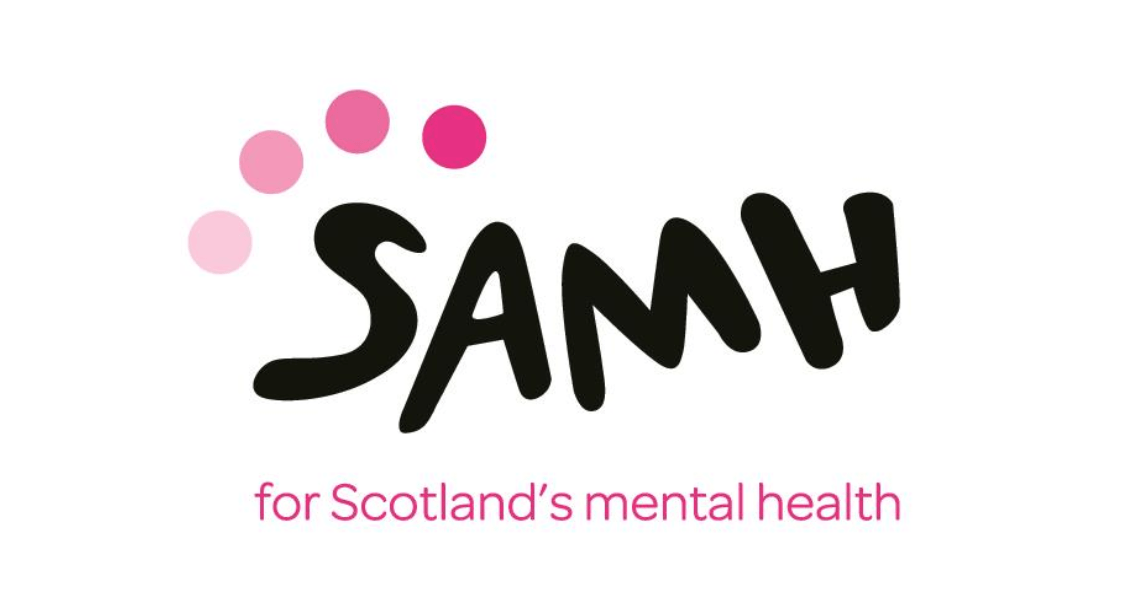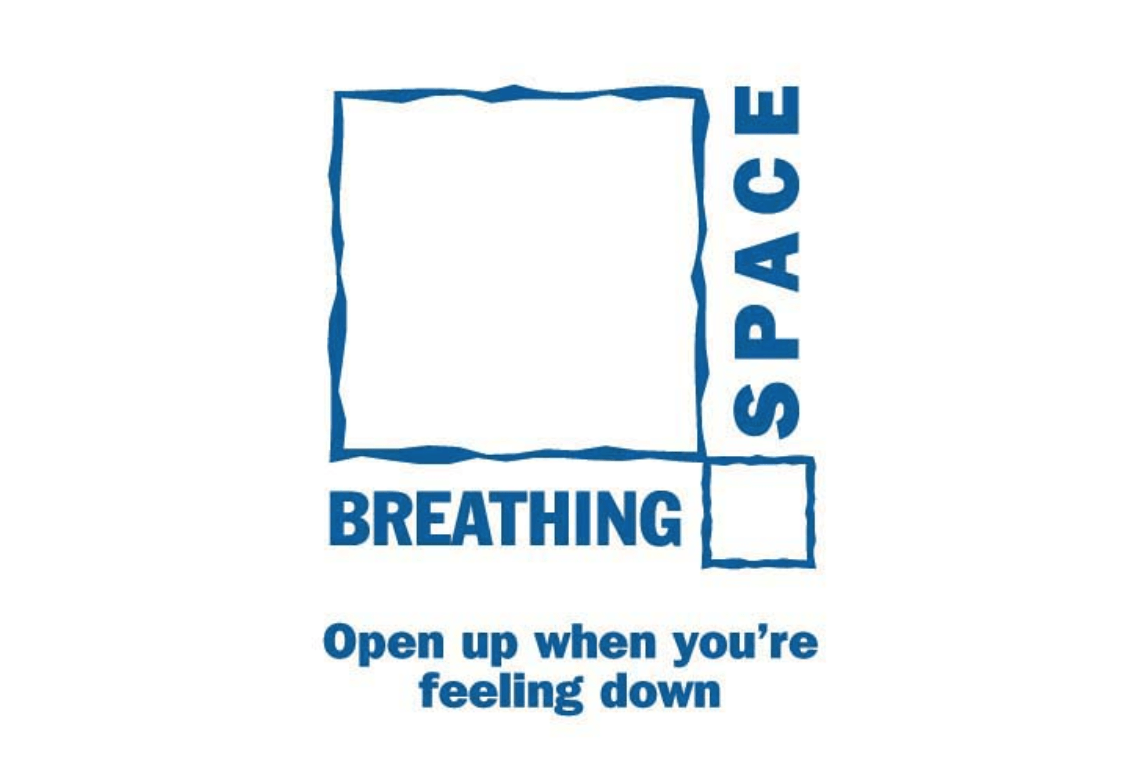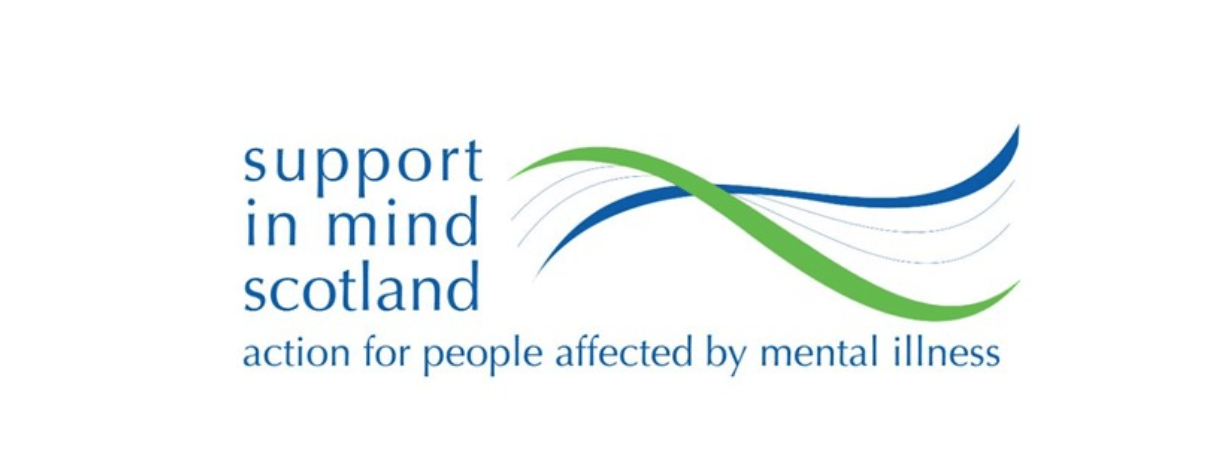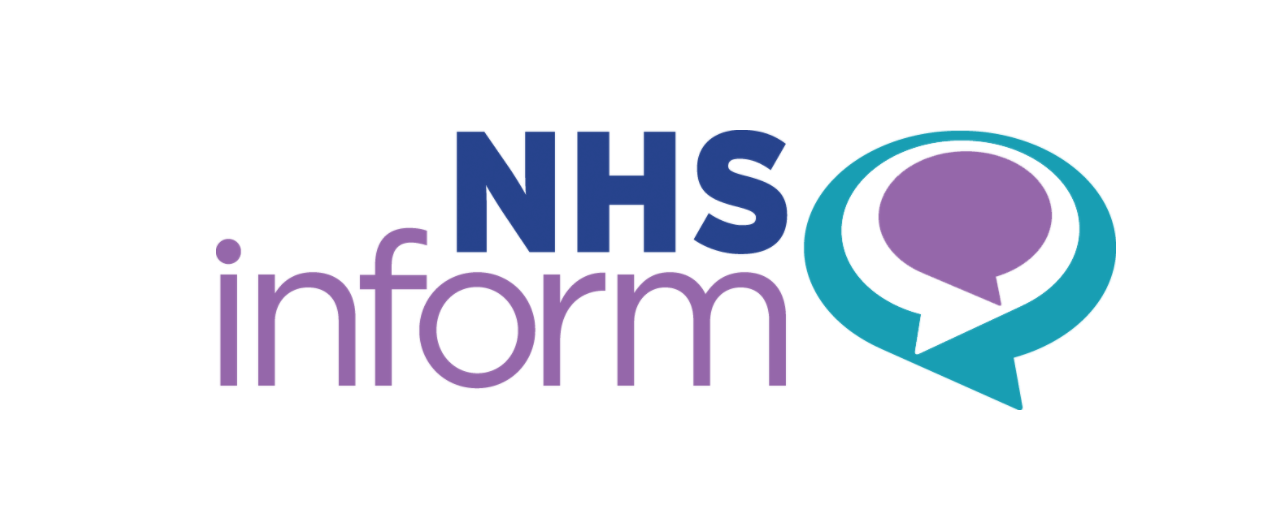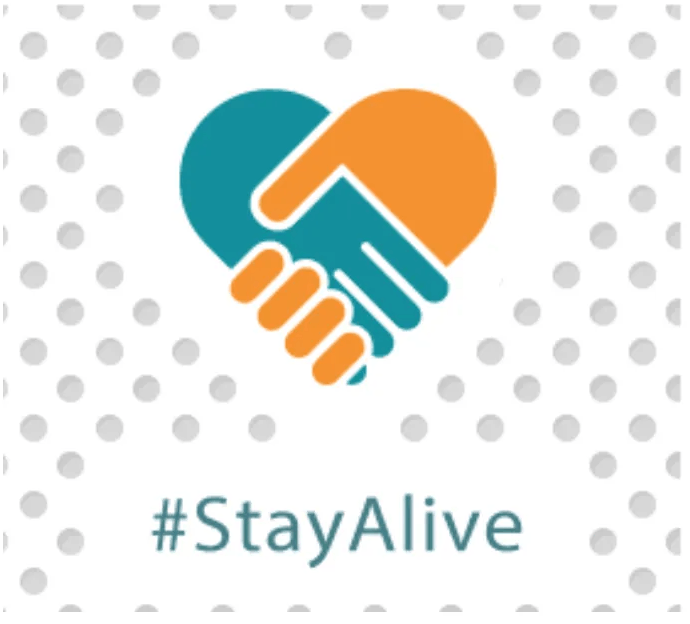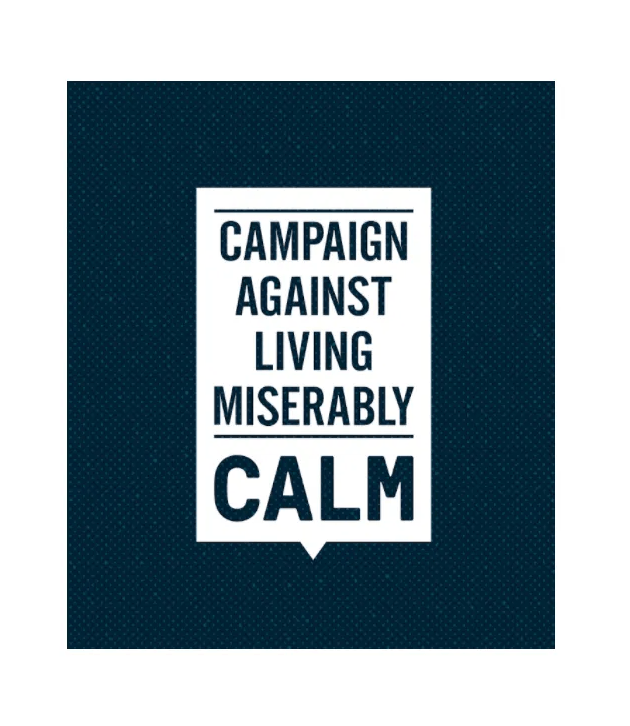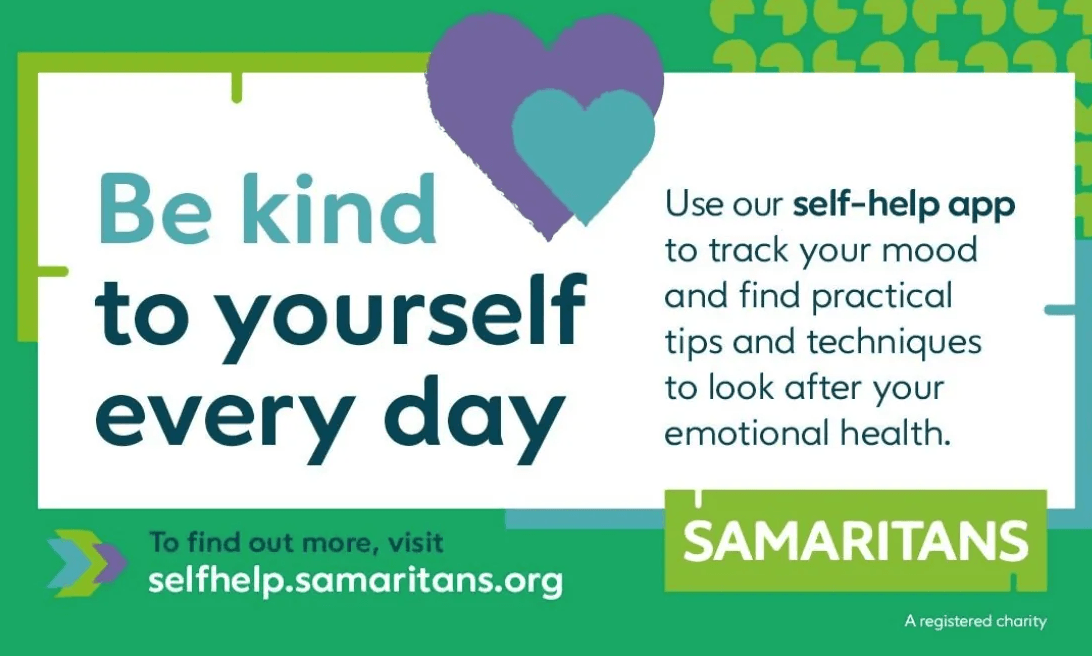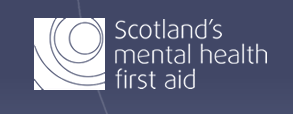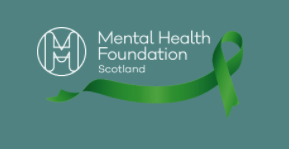
Mental Health & Wellbeing
Write your caption hereButton
Mental Health & Wellbeing
We believe that paddling can help improve your mental health and physical wellbeing. Whether it’s a calm paddle on a tranquil stretch of water or a high-adrenaline run down some rapids, paddling can help reduce your stress levels from everyday life.
There are loads of reasons why paddling is good for your mental health and wellbeing. Have a look at the
Go Paddling website for their top 10.
The Scottish Government launched a campaign with lots of simple but useful tips to help #clearyourhead including keeping active, supporting each other, looking after yourself, creating a routine and help to feel calmer. Visit clearyourhead.scot for more information.
5 Steps to Better Mental Health
Here are five things that, according to research, can really help to boost our mental wellbeing:
- Connect: staying in touch with loved ones helps us feel happier and more secure. Paddling can be a way to reconnect with old friends or make new ones. Paddling friends very often become friends for life!
- Be active: being active isn’t just good for our physical health; getting on the water is also proven to have a positive impact on our mental health and wellbeing as it changes our focus and helps leave daily worries behind.
- Take notice: whether you’re spending time with friends or taking a moment for yourself, try to stop to take notice and be aware of the present. When paddling, breath... pause... take it all in; being in and around water is great for our mental wellbeing.
- Learn: learning enhances your self-esteem and confidence, and can be a great way to meet new people. Why not learn a new technique, or there are lots of practical and theoretical courses to choose from if you'd like a more structured approach.
- Give: giving can be very rewarding – in fact those who report a greater interest in helping others are more likely to rate themselves as happy. Volunteer in your club, or perhaps use your skills to mentor another paddler.
SAMH Mental Health Charter
Scotland's Mental Health Charter for Physical Activity and Sport aims to improve equality and reduce discrimination for anyone with a mental health problem, ensuring there is no barrier to engaging, participating and achieving in physical activity and sport.
How are you?
You probably hear that quite often in passing conversation with friends, colleagues and even strangers. It's important that we answer honestly rather than automatically, to those we trust. It's totally acceptable to talk openly about your wellbeing and mental health on a day-to-day basis. We all have good days and bad days.
Take a moment to think about how you really are, or use some of the resources below to help you.
Finding support
SAMH
We all have mental health.
Take it one step at a time. Around since 1923, SAMH is Scotland’s national mental health charity. They offer lots of resources and support for everyone.
Breathing Space
Open up when you’re feeling down.
Free, confidential phone 0800 83 85 87 or web based service for those experiencing low mood, depression or anxiety.
Support in Mind
Support in Mind Scotland seek to support and empower all those affected by mental illness, including family members, carers and supporters.
NHS Inform
NHS Scotland's resources for anyone looking for tailored guidance and information on specific mental health conditions.
nhsinform.scot/self-help-guides
Stay Alive app
The Stay Alive app is a web and mobile suicide prevention resource, packed full of useful information to help you stay safe in a crisis.
prevent-suicide.org.uk/stay-alive-app
CALM
Campaign Against Living Miserably (CALM) is leading a movement against suicide. Get help on webchat, online or call 0800 585858.
Samaritans
Call 116 123 or email about anything that's troubling you, no matter how big or small the issue is. They will help you work through what's on your mind. samaritans.org/scotland
Self Help App
Be kind to yourself everyday.
Track your mood and find practical tips and techniques to look after your emotional health. selfhelp.samaritans.org
SMHFA
Scotland's Mental Health First Aid website. Find out about Mental Health First Aid, find a course or become an instructor.
MHF Scotland
Mental Health Foundation Scotland, Green Ribbon campaign. The green ribbon is the international symbol for mental health awareness. Wear a green ribbon to show colleagues, loved ones or simply those you walk past that you care about their mental health.
If someone's life is at risk or you do not feel you can keep yourself or someone else safe
call 999 or go to A&E immediately
A mental health emergency is as serious as a physical one.
You will not be wasting anyone's time.
If you need help urgently for your mental health, but it is not an emergency, or you are not sure what to do
call NHS 24 on 111
they will tell you the right place to get help if you need to see someone.

